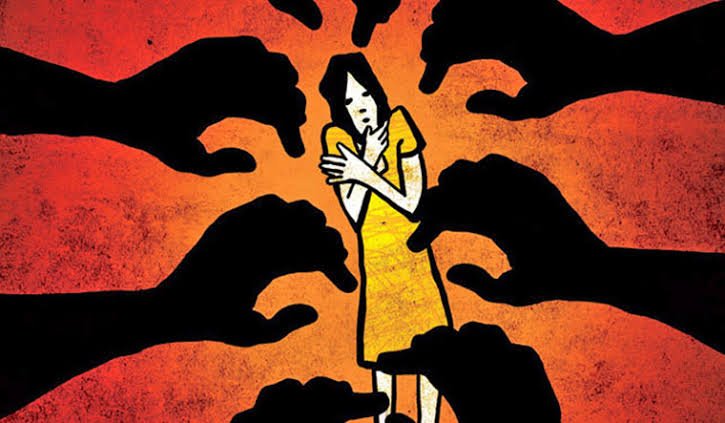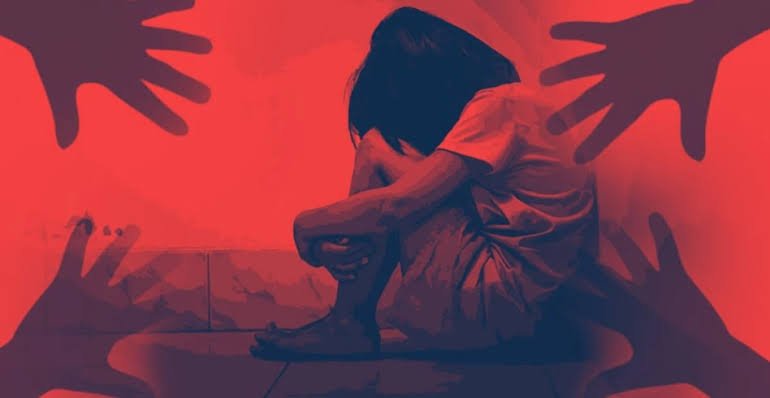Stagnant Progress: UNDP Report Reveals Global Struggle for Gender Equality
The United Nations Development Programme (UNDP) recently released the Gender Social Norms Index (GSNI) report, which assesses the progress of women’s rights and issues over the past decade. Despite the efforts of women’s rights groups and social movements, the report highlights that global progress towards gender equality has remained stagnant. The report reveals that nearly 90% of both men and women worldwide hold “at least one” fundamental bias against women.
The prevalence of biased gender social norms is a significant concern, as the report emphasizes that these biases are deeply ingrained in society. Cultural bias and societal pressures continue to hinder women’s empowerment, suggesting that these biases impact both men and women to similar degrees.

To compile the report, data from the World Values Survey (WVS) was utilized. This international research program collected data between 2010-2014 and 2017-2022 from 80 countries and territories, accounting for at least 85% of the global population. Unfortunately, the index indicates that there has been no improvement in biases against women over the past decade, despite widespread global and local campaigns advocating for women’s rights.
Key findings
Key findings from the report include the fact that 69% of the global population believes men make better political leaders than women, while over 40% believe men are better suited for business executive roles. Only 27% of respondents consider equal rights for women and men essential for a democracy, and a troubling 25% believe that a man beating his wife is justifiable. Additionally, 28% of participants believe that university education is more important for men than women.
The head of the UNDP’s Human Development Report Office, Pedro Conceicao, emphasized that social norms that impede women’s rights have detrimental effects on society as a whole, hindering human development. The lack of progress in challenging biased gender social norms is unfolding against the backdrop of a human development crisis.
also read: Twitter Drops the “W” from Its Name in Rebranding Effort
These findings highlight the pressing need for continued efforts to challenge and change deep-rooted biases against women in order to achieve meaningful progress towards gender equality worldwide.



